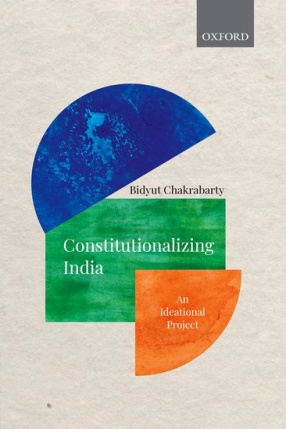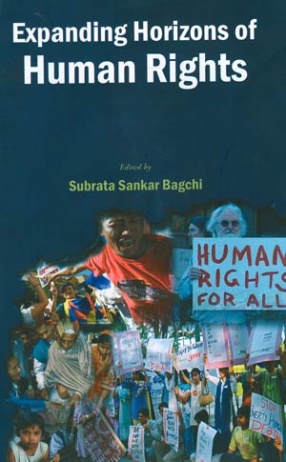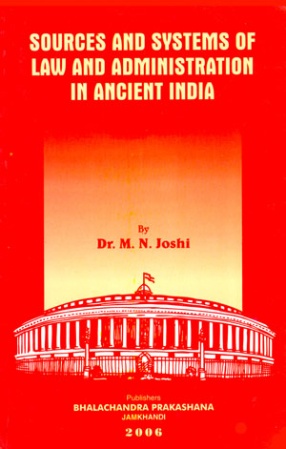Constitutionalizing India: An Ideational Project
It is widely believed that the 1950 Constitution of India is largely borrowed from the 1935 Government of India Act. However, Constitutionalizing India argues, to the contrary, that the Indian Constitution is an ideational project in which competing notions of ‘indigenous’ influences and their ‘alien’ counterparts converged to contribute to the fashioning of the Constitution.
Documenting the fierce debates between liberalism, enlightenment, and the Gandhian idea of Swaraj, the book provides a new narrative of constitutionalization of India. It reflects on the efforts of the founding fathers who despite their political differences framed the constitution based on the fundamental ethos of liberal constitutionalism.
By recounting the processes and events leading to the formation of the Indian constitution, the book also outlines how British liberalism became ‘an ideology of the natives’ and an empowering device that brought people of different socio-economic identities together for a common cause.
Contents: Preface. Introduction. 1. British liberals and the initial impetus towards reorganizing the Indian socio-political order. 2. Nationalist liberals and the advent of liberal thought. 3. Radical liberals and the reimagining of the ‘nation’ through politics. 4. Princely states and the nationalists’ constitutionalizing endeavour . 5. Major colonial designs towards constitutionalizing India. 6. Major nationalist initiatives towards constitutionalizing India. 7. Mahatma Gandhi’s alternative conceptualization of liberal constitutionalism. 8. The constituent assembly and its role in articulating a distinct response. 9. The doctrine of basic structure and the reinforcement of constitutional liberalism in post-independent India. Conclusion. Bibliography. Index.
Get it now and save 10%
BECOME A MEMBER










Bibliographic information